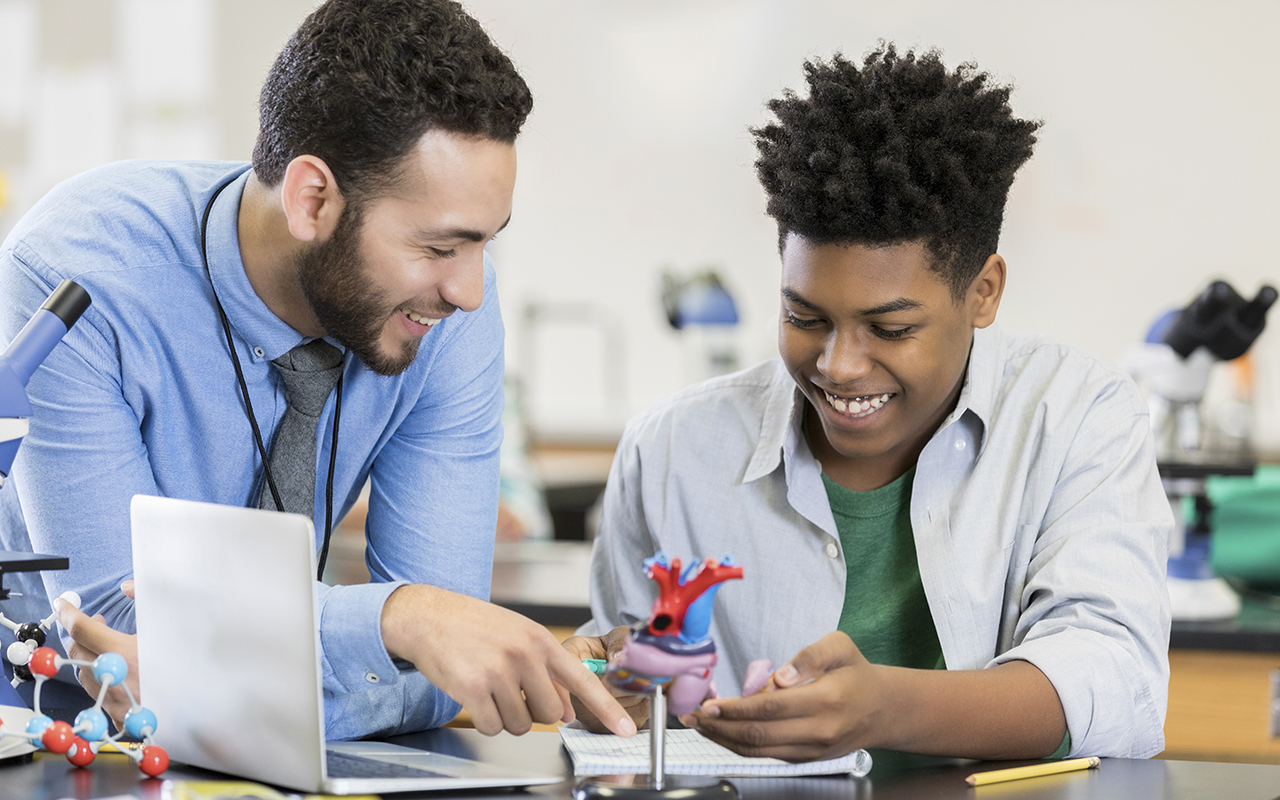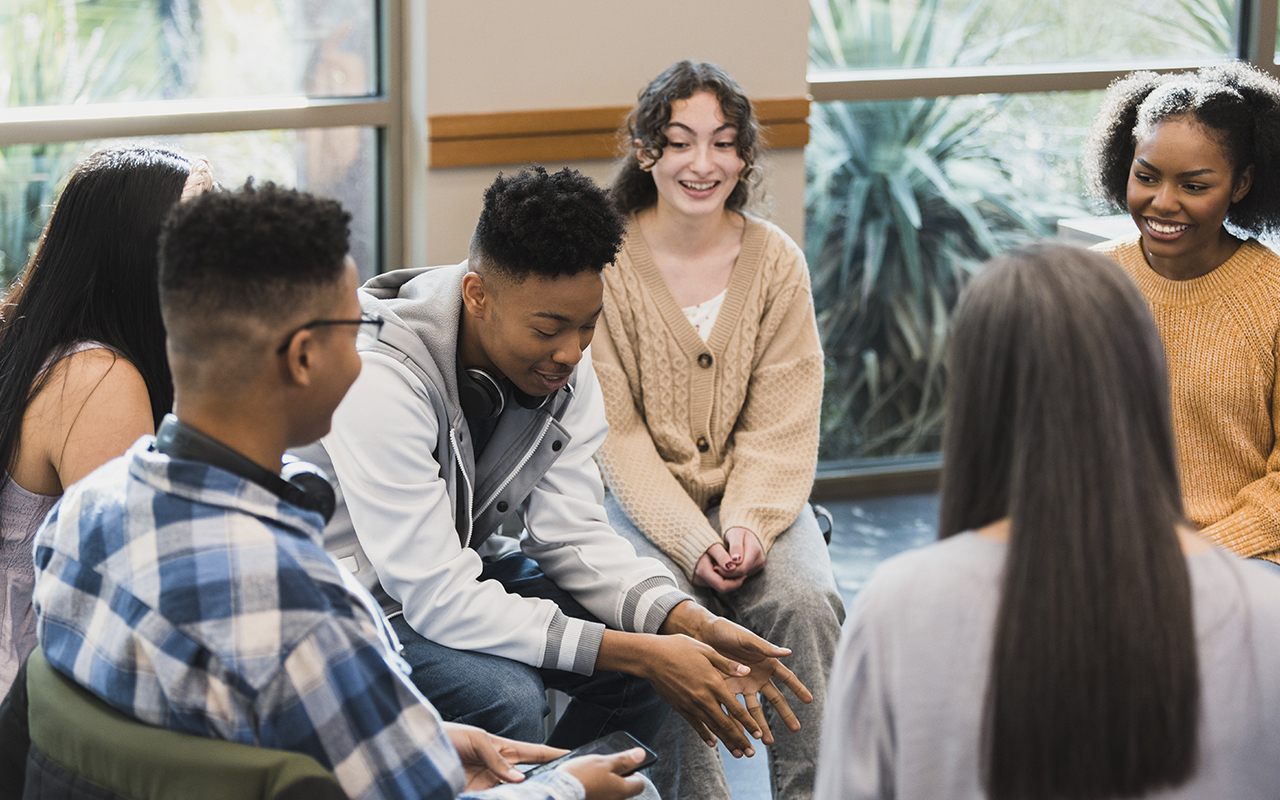Schools are great at getting kids ready for college but not so good at getting them ready for life.
The problem with this approach is that kids who graduate and lack basic life skills are still being set up to fail in real-world situations like budgeting to buy a house or car, choosing an appropriate career or marriage partner. And the cost of failure in these situations can be astronomical.
We all know the three Rs. What Snow Cloud specializes in is life-skills learning. Our EdTech solutions help children learn important life skills such as career readiness, financial literacy, emotional intelligence and more. But beyond this, what we ultimately want children to learn is how to be well-rounded, responsible and productive individuals. That’s why our life skills training goes further…

What are life skills?
The World Health Organization (WHO) defines life skills as the “abilities for adaptive and positive behavior that enable humans to deal effectively with the demands and challenges of life.” In 1999, the organization identified the core cross-cultural areas of life skills as follows:
Decision-making The ability to make choices that affect our lives and the lives of others. Good decision-making skills allow us to solve problems effectively and avoid making choices that could have negative outcomes.
Problem-solving The ability to recognize a problem, identify potential solution paths and take the path most likely to provide a positive outcome.
Creative thinking The ability to generate, articulate or apply inventive ideas, techniques and perspectives, often in a collaborative environment. Often used in conjunction with critical thinking and problem-solving.
Critical thinking The ability to interpret, analyze and evaluate information to form a judgment and decide if something is wrong or right. Good critical thinkers are able to make connections between logical ideas and see the bigger picture.
Communication The ability to give and receive different types of information. Communication skills involve listening, speaking, observing and empathizing. Effective communicators can get their thoughts across to someone else in a way that person can understand.
Interpersonal skills The traits and attributes you use to interact with other people. While often considered synonymous with communication skills, interpersonal skills can also include attributes such as being responsible and dependable, exhibiting leadership qualities and the ability to motivate others.
Self-awareness The ability to accurately assess our own strengths and weaknesses, likes and dislikes, feelings, interests and values. Self-awareness includes self-esteem, self-care and dignity affirmation.

Empathy The ability to comprehend another’s feelings and to re-experience them oneself without judgment. Empathy is a key skill for relationship management, conflict management and conflict resolution.
Assertiveness The ability to speak up for oneself in a way that is honest and respectful. Assertive communication strategies allow an individual to convey their ideas and opinions in an open and direct way while maintaining respect for those being spoken with.
Equanimity The ability to exhibit calmness and composure, especially during trying situations. Equanimity is the state of psychological balance and stability. Displaying equanimity allows people to navigate life’s many unexpected curveballs with grace, dexterity and serenity.
Resilience The ability to cope with adversity and skillfully negotiate through difficult life events. Being resilient does not imply a lack of stress and suffering but simply the ability to manage the emotional pain and suffering and work towards a solution.
Coping with emotions The ability to recognize emotions in ourselves and others, being aware of how emotions impact behavior and the ability to respond to those emotions appropriately.
Coping with stress The ability to acknowledge and accept the stress in our daily lives, identify its source and recognize the effect of that stress. Coping with stress also includes the ability to manage the source of stress and take steps to reduce and overcome that stress.
UNICEF published a similar list of essential life skills in 2012; what both organizations agree on is that life skills learning is essential for healthy, functioning and collaborative societies around the globe.
Today’s fast-paced world brings new challenges and stresses every day, and it’s important for children to be prepared by learning the life skills necessary to deal with these challenges effectively. Contact us today to learn more about how you can incorporate life skills learning into your curriculum.

